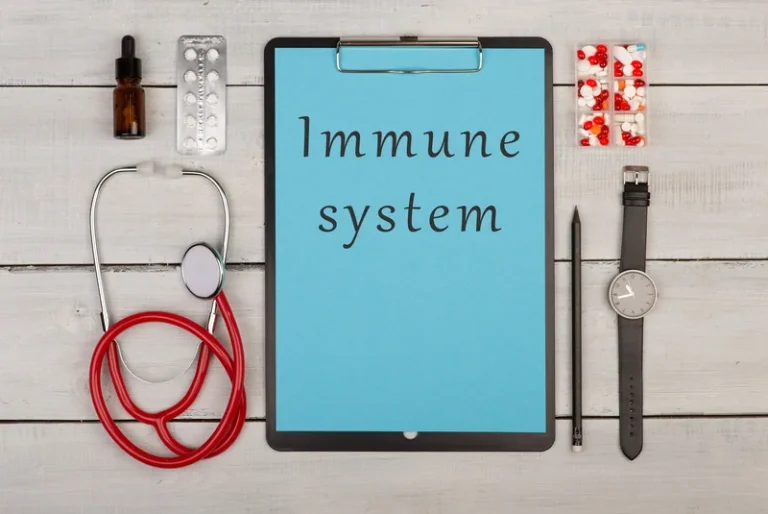
In an alcoholic, the brain’s pleasure centers, as well as neurotransmitters that affect brain stimulation, are essentially out of whack. Although we can rebalance the brain’s neurotransmitters over time, the neural pathways that were created while engaging in addictive behavior (or, in this case, alcohol abuse) will always be there. With the use of appropriate medications and behavioral therapies, people can recover from AUD. Take our free, 5-minute alcohol use self-assessment below if you think you or someone you love might be struggling with alcohol misuse.
Preventing alcohol use disorder

If you have any of these symptoms, alcohol may already be a cause for concern. The more symptoms you have, the more urgent the need for change. A health care provider can look at the number, pattern, and severity of symptoms to see whether AUD is present and help you decide the best course of action.

Medications For Alcoholism
- In this disorder, people can’t stop drinking, even when drinking affects their health, puts their safety at risk and damages their personal relationships.
- This form of therapy is focused on identifying the feelings and situations (called “cues”) that contribute to heavy drinking and managing stress that can lead to a return to drinking.
- Because denial is common, you may feel like you don't have a problem with drinking.
- It is rare that someone would go to treatment once and then never drink again.
- A detoxification is considered only part of the treatment, as it only deals with the physical dependency on alcohol.
Alcohol addiction, also known as alcoholism, is a disease that affects people of all walks of life. Experts have tried to pinpoint factors like genetics, sex, race, or socioeconomics that may predispose someone to alcohol addiction. Psychological, genetic, and behavioral can alcoholism be cured factors can all contribute to having the disease.

myths about using Suboxone to treat opioid addiction
- Many treatment centers combine some or all of these different levels of care.
- Many people with AUD do recover, but setbacks are common among people in treatment.
- Treatment for alcohol addiction is individualized, so each person’s care plan will depend on their unique needs.
Overall, gather as much information as you can about a program or provider before making a decision on treatment. If you know someone who has firsthand knowledge of a program, it may help to ask about their personal experience. Certain medications have been shown to effectively help people stop or reduce their drinking and avoid a return to drinking.
Recovery support could include formal aftercare programs facilitated by professional addiction services, informal relationships built in the community, and much in between. Many rehab centers will set patients up with aftercare as part of discharging them from a program. Treatment professionals help patients navigate aftercare options to find the right fit. If you or someone you care about is struggling with an AUD, you will likely benefit from some form of treatment. Primary care and mental health providers can provide effective AUD treatment by combining new medications with brief counseling visits.
During the detox period is when many people experience alcohol withdrawal symptoms. Since some alcohol withdrawal symptoms can be life-threatening, it’s important to speak with your https://ecosoberhouse.com/article/relapse-prevention-plan-how-it-can-help-you-stay-on-track/ healthcare provider before you stop drinking. Long-term, heavy alcohol abusers may do best by detoxing under medical supervision. Alcohol treatment center is a generic term for a facility that treats patients who are struggling with alcohol abuse or addiction. Many treatment centers combine some or all of these different levels of care.

Advice for Friends & Family Members

Acceptance- and mindfulness-based interventions increase awareness and acceptance of present-moment experiences. Mindfulness-based skill-building strategies promote flexible, rather than autopilot, responses to triggers that can prompt drinking. During this stage, most people focus their energy on coping with cravings and resisting the urge to drink. If you or someone you know is struggling with substance abuse or addiction, we are here to help. Give us a call or send us a message and one of our admissions counselors will do their best to get you the help you need. If you do feel the urge to relapse, reach out to your therapist, sponsor or sober mentor (if applicable), a friend, or a family member.
- Such e-health tools have been shown to help people overcome alcohol problems.
- With these and other treatments and therapies, alcoholism can be managed throughout a person’s life, decreasing the chances of relapse and improving the person’s quality of life.
- People assigned female at birth (AFAB) should limit drinking to one drink a day.
- A number of health conditions can often go hand in hand with AUD.
The therapist will concentrate on treating them new coping skills, meaning they will be better equipped to deal with life stresses and problems. People often use alcohol to escape problems in their life, psychotherapy will help them address this and give them the coping skills to prevent them doing this in the future. A therapist will also address the problem of alcohol triggers; this is something that triggers a person to use alcohol. Common alcohol triggers include people, places and even smell. Changing these behaviors is often difficult for alcoholics, as it usually involves avoiding places they used to drink or people they would drink with regularly.


